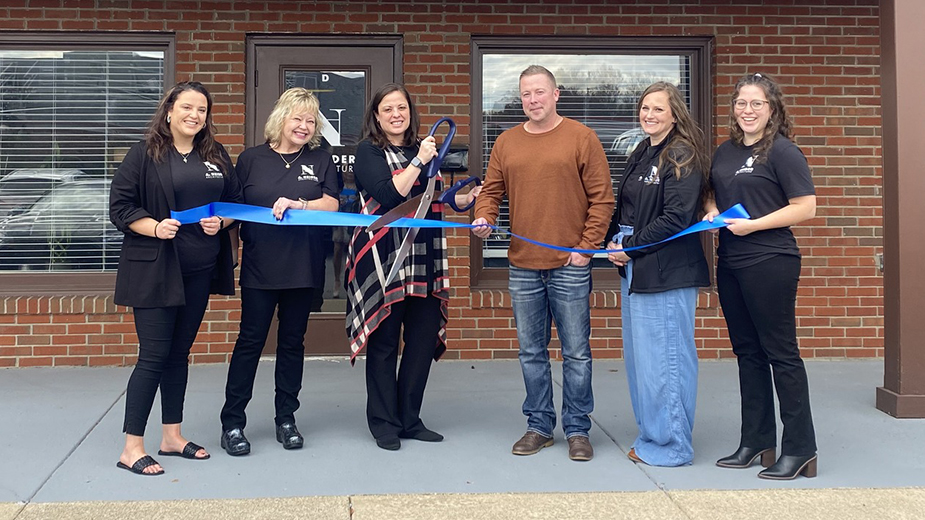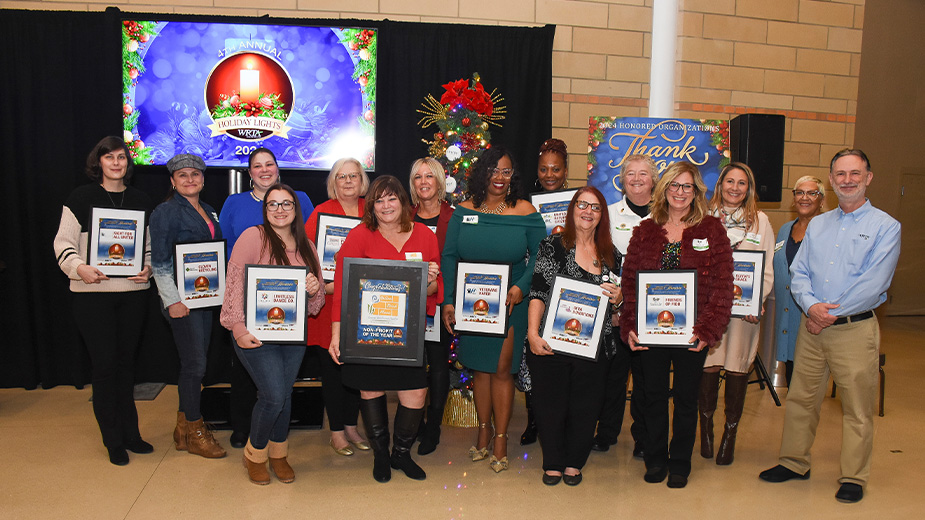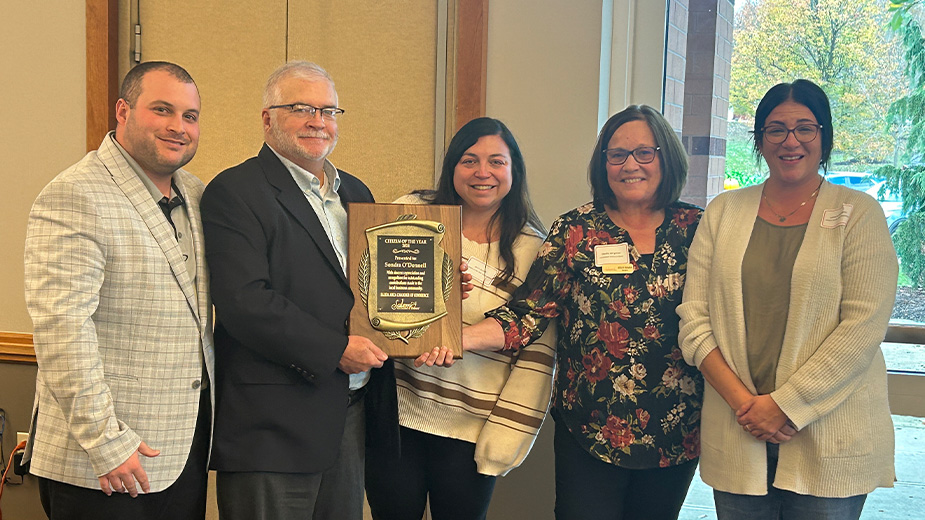Financial Planners Participate in Roundtable
BOARDMAN, Ohio — Financing planning is as much about building and sustaining relationships as it is managing their clients’ investments, participants in a Business Journal roundtable say.
“It starts with conversations. You’ve got to have those conversations to build a rapport with the clients,” says Sidney Jones, managing director with Merrill Lynch in Canfield. “When we’re dealing with these clients we need to know everything about them that is germane.”
That includes getting involved right away with young children as well as those in their teens and of college age, ensuring they understand how to handle wealth.
“Most wealth is lost by the third generation,” Jones relates. “To break that cycle, you need to have that third generation understand the value of that wealth, how hard-earned that wealth was. … I’ve seen wealth ruin people and it’s generally the second or third generation.” Seeing that wealth handed on to the fourth or fifth generation is “very gratifying,” he adds.
Jones was one of eight participants in the roundtable discussion, held recently at the Holiday Inn Boardman. The edited transcript is published in the MidMarch edition of The Business Journal, mailed this week to subscribers. Also participating in the discussion were George Morris III, president of Morris Financial Group, Salem; Todd Bury, founder of Bury Financial Group, Poland; Jim Cvetkovic, a financial adviser with Stifel Nicolaus, Canfield; Andy Moyer, certified financial planner with W3 Wealth Management, which has offices in Warren, Akron and Cleveland; Tom Taranto, a financial adviser with HBKS Wealth Advisors, Boardman; Bryan Renner, a founder of the Renner Klim Advisor Group, Canfield; and Janelle Fumerola, executive vice president and managing principal of JFS Wealth Advisors, Hermitage, Pa.
Learning all he needs to know at the initial meeting with a client would be great, W3’s Moyer says. While he learns a lot at that meeting, “we also [continue to] learn over the years,” he adds. “That’s why we focus on the idea that it’s an ongoing process and an ongoing relationship.” W3 advisers meet with clients three to four times each year, he says.
“It’s helping clients not make mistakes that are really going to hurt them,” affirms Fumerola of JFS. Last year, she recalls, a client called with her concerns during the Ebola outbreak and Fumerola had to reassure her to keep her investments. By December, that client was thanking her for “not allowing me to get out of the market.”
It would be great, she agrees with Moyer, if clients provided all the needed information upfront. “In reality, it’s a process of getting to know each other, having trust and really continually updating that plan,” she allows.
Says Bury of Bury Financial, “We explain to them it’s not a static process. Your situation is going to change over time, and if we don’t fully understand the client from the get-go and do our due diligence and find out everything there is to know about them and their specific situation, then when something changes we won’t even know where to start.”
Establishing a comfort level between client and adviser is key, Bury continues. “Again, that old adage, ‘Clients don’t care how much you know until they know how much you care.’ That goes a long way,” he’s learned.
Given the complexity sometimes involved, “One of the things that I’ve always tried to do is demystify the process,” says Morris of Morris Financial. Simplifying the process helps people focus less on day-to-day events, he says.
One way Morris accomplishes that is by having a story to tell clients and images they can understand. “If you’re going to Key West next week and I’m going to Key West the week after and I want to know how far it is, you’re going to check your odometer,” he says. “You’re not going to have your wife hanging out the window checking the mile markers going down [Interstate] 95.”
Risk identification is one of the “great tasks” a financial adviser assumes, HBKS’ Taranto says. Whatever a client’s reason for sitting with an adviser – whether he is unhappy with his current adviser or he’s come into a windfall such as a lottery prize – “it’s incumbent in our role to identify the things that they don’t know they should be asking,” he says. “A big part of the financial planning process for me and our firm is identifying the holes in a plan and creating a solution to cover up those holes if possible.”
EDITOR’S NOTE: You can read the transcript of the roundtable on financial planning in the MidMarch issue of The Business Journal out this week.
Copyright 2024 The Business Journal, Youngstown, Ohio.



